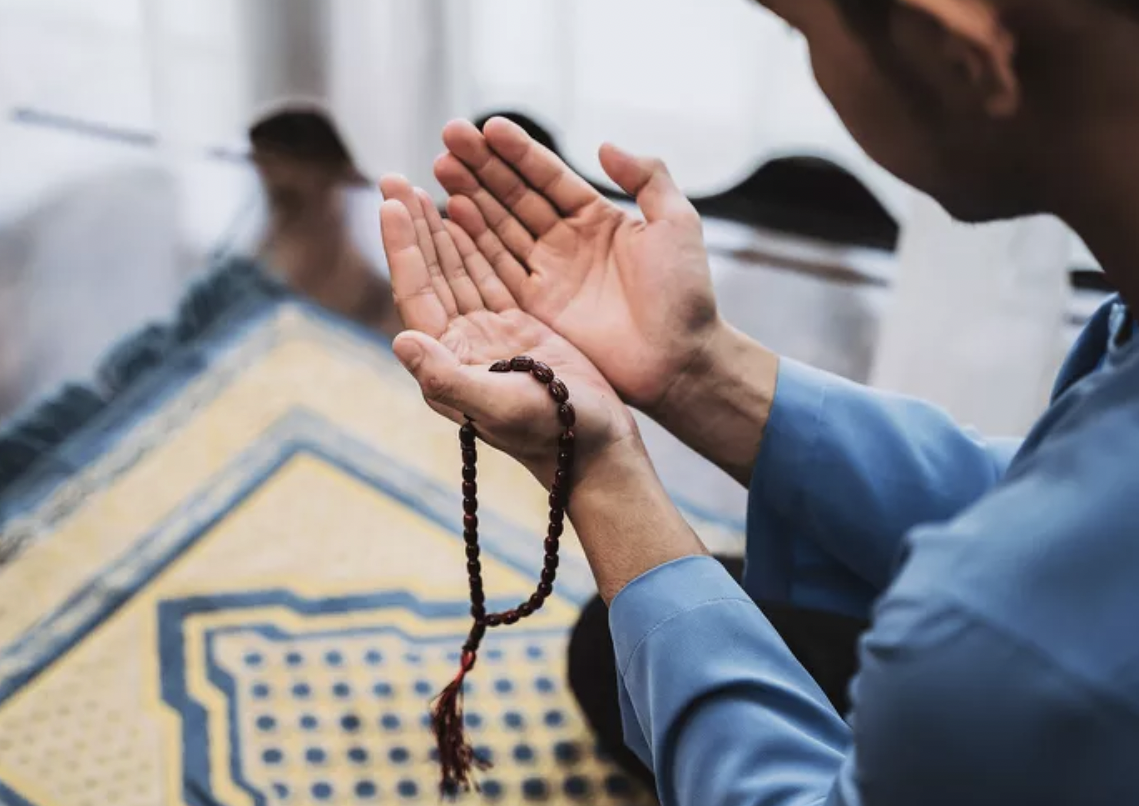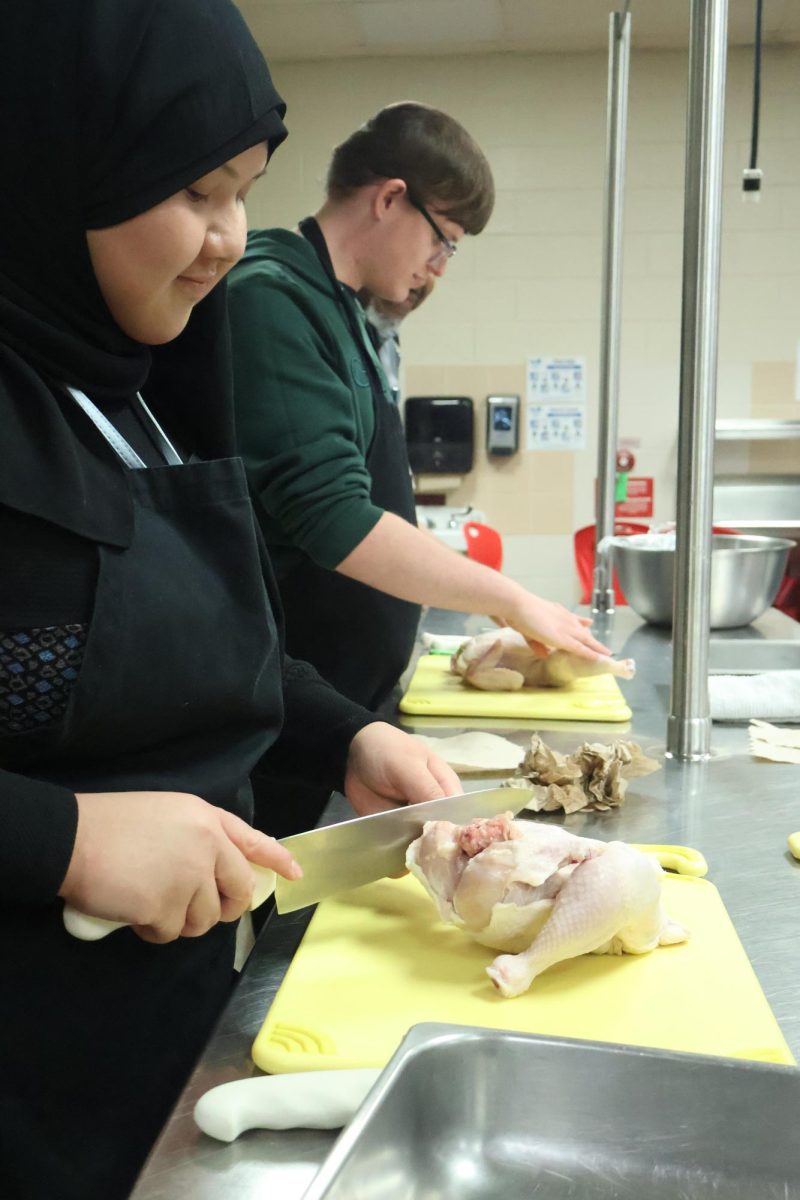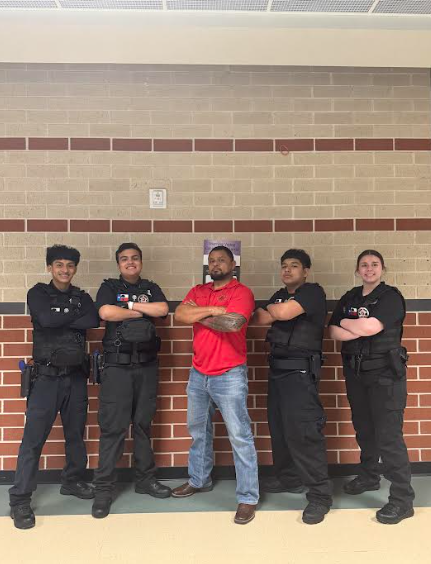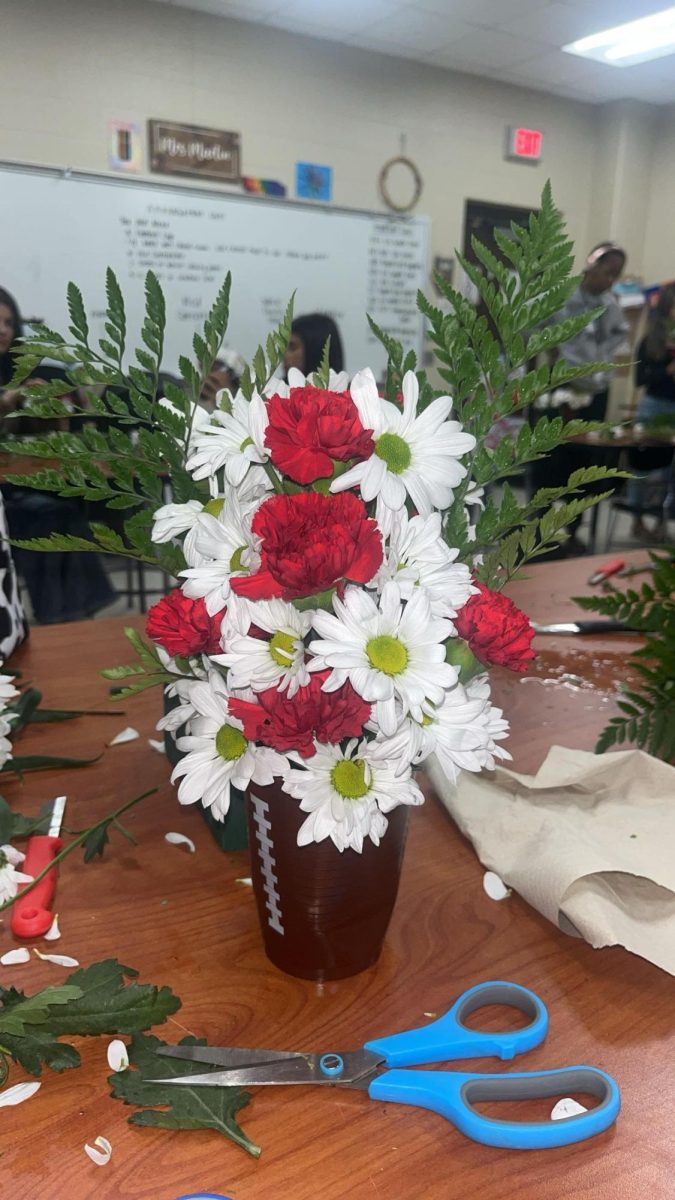Ramadan is the holiest month in the Islamic calendar for Muslims worldwide. In this sacred month, Muslims refrain from food and drinks (yes even water) from sunrise to sunset as an act of obedience and spiritual devotion. This teaches patience, virtue, and the value of food.
The start and end date of Ramadan depends on the full moon. If there is a full moon at the end of Shaban (the Islamic month before Ramadan) the next day Ramadan starts. After twenty-nine or thirty days of Ramadan, if a moon is sited, then Ramadan has ended.
During this holy month, Muslims pray five daily prayers, including the special congregational prayer known as Taraweeh, which is performed after the last prayer of the day and serves as a pillar of worship and reflection. Taraweeh offers a unique opportunity for seeking forgiveness, inner peace, and strengthening one’s connection with Allah and is only prayed during Ramadan.
Fasting during Ramadan teaches valuable lessons of patience, self-discipline, and empathy for those less fortunate. By experiencing hunger and thirst, Muslims gain a deeper appreciation for the blessings of food, water, and their privilege. Beyond refraining from food and water, Ramadan is a time for spiritual renovations. Muslims strive to purify their hearts and minds by avoiding bad behaviors such as listening to music, using bad language, or displaying unkindness to anyone.
“Ramadan is the holiest month and I wait for this month the whole year,” senior Muslim student Armeen Khan said. “Ramadan teaches me so much patience and how to deal with anger. I just close my eyes and tell myself to be patient.”
Ramadan is about personal piety, general solidarity, and generosity. Muslims are encouraged to give charity, offer kindness to others, and engage in acts of service to their communities. Through these actions, Ramadan becomes a transformative journey of self-improvement, social responsibility, and spiritual growth, strengthening the bonds of brotherhood and sisterhood among believers.














